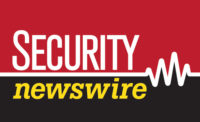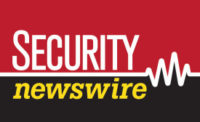Security of Sites Storing Radioactive Material Found Lacking: GAO Report

Radioactive pieces of industrial metal that could be used in terrorist attacks are sometimes secured with little more than ordinary padlocks, according to congressional auditors, who also called the procedures for background checks of employers handling the materials ineffective.
A report from the U.S. Government Accountability Office, released today, in two cases, employees were granted unescorted access to high-risk industrial radiological sources, despite having criminal records. One of those individuals had been twice convicted of terroristic threats. Officials from the Nuclear Regulatory Commission (NRC) clarified the charges, saying that the person was convicted not of a threat against the U.S., but of making violent verbal threats against two individuals.
According to the New York Times, some of the radiation material (often small enough to fit in a pocket) is often left where doors are unlocked or where skylights allow easy access. The GAO report also noted that four trucks carrying radioactive material have been stolen since December 2005. Storage rules from the NRC are less stringent for small quantities of radioactive materials, so some companies have large inventories packaged in small containers. According to the auditors, that puts those supplies “potentially at greater risk of theft or loss.”
Hundreds of businesses in the U.S., many of them small, are licensed to hold “radiological sources,” which can be used to inspect metals, for drilling for oil and gas, or for irradiating food to kill pathogens.
Looking for a reprint of this article?
From high-res PDFs to custom plaques, order your copy today!





